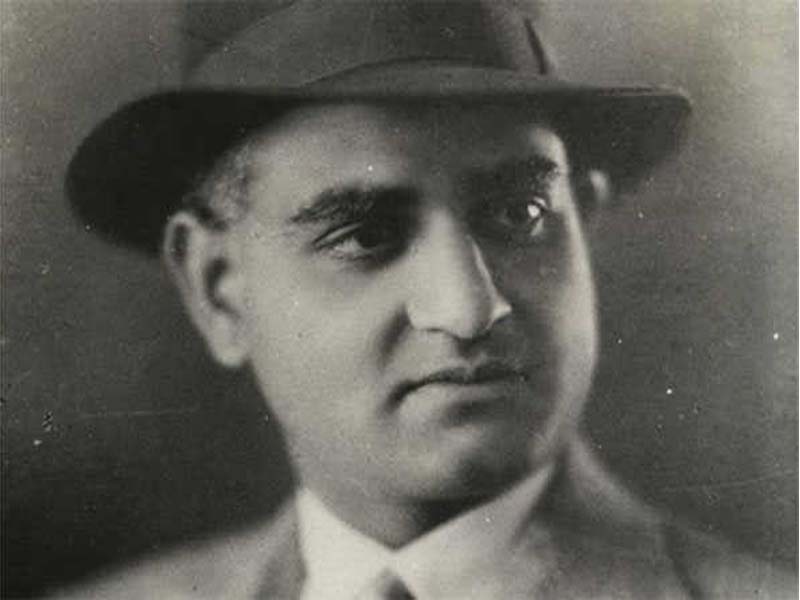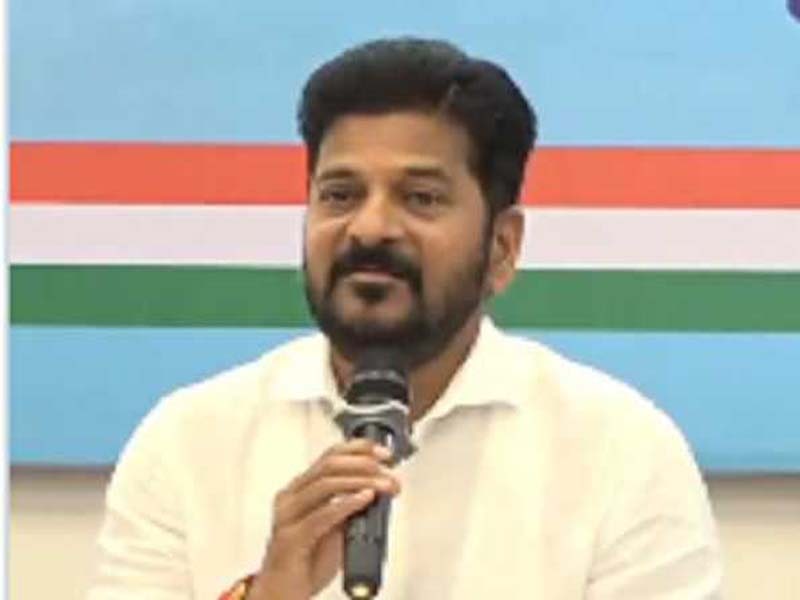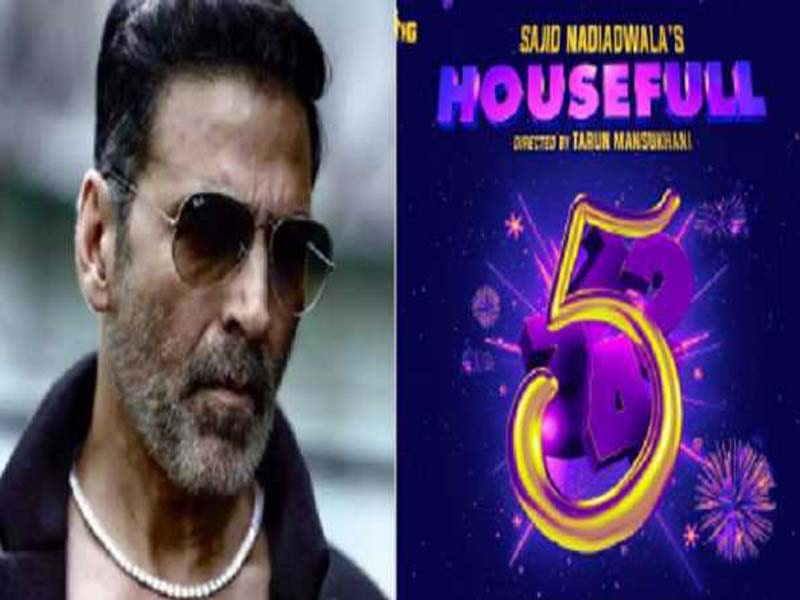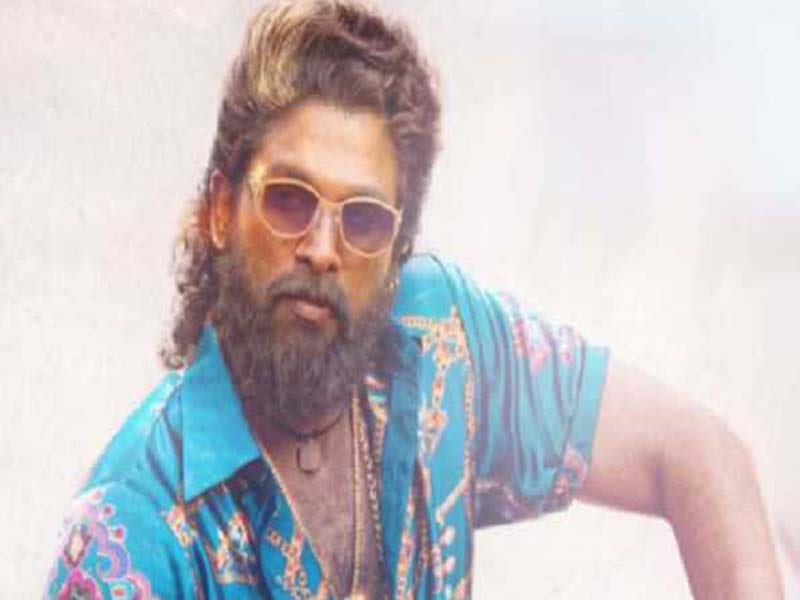K L Saigal: An untrained, unrestrained prodigy
New Delhi, Jan 18 : Even 75 years after his death, legendary singer and actor K L Saigal continues to inspire most upcoming singers in India.
Though his career lasted a mere 15 years, his legacy has outlived that of most of his colleagues.
His catalogue contains only 36 feature films — 27 in Hindi, eight in Bengali and one in Tamil in addition to 185 songs.
His non-film songs comprise bhajans, ghazals and ‘hori’. He also had the distinction of being the first non-Bengali to perform one of Rabindranath Tagore’s works with his permission.
Saigal lived in a time when the recording technology was very primitive and the mixing process was far from the standards it has reached today.
Nonetheless he is well renowned for captivating the hearts of audiences with his very unique voice, a brilliant mixture of tenor and baritone, classical voice combined with stellar voice modulation was the key component of him becoming an iconic voice in Indian cinema.
But it was not just because his technique or skill, but rather his voice was emotion personified.
In spite of having no formal training, Saigal’s voice, though it could be cheery, was very much an embodiment of gloom and agony, evident from songs such as “Jab dil hi toot gaya hum jee kay” and “Dukh ke din ab beetat nahi sukh ke”.
What caused his voice to be so adept at conveying sorrow is not fully known though perhaps the biggest factor could have been his troubled relationship with his father who did not approve of his singing career.
He was also a famous actor. While his first three films “Mohabbat ke Ansu” (1932), “Zinda Lash” (1932) and “Subah ka Sitara” (1932) were not hits, they helped to establish him as an actor.
The tide turned for him with the release of “Chandidas” (1934). “Devdas” (1935) earned him a place among the greats of Indian cinema.
Later in his career, Saigal developed an alcohol addiction and died in Jalandhar on January 18, 1947.
Saigal’s distinctive style of singing could not be emulated, He was revered by both his colleagues and idolized by the first generation of post independent India’s singers such as Kishore Kumar, Lata Mangeshkar and Muhammad Rafi, all of whom considered Saigal their guru.(UNI)










